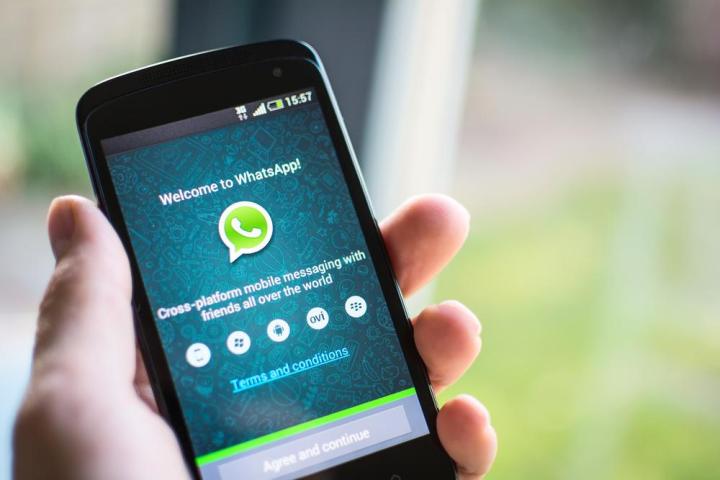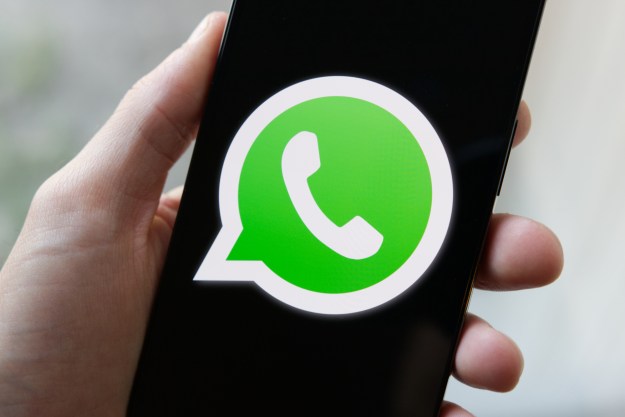
The cause? A U.S. magistrate issued an order that Apple must build a tool for the FBI to access one of the San Bernardino shooter’s iPhones, but the Cupertino company is resisting, and says it will not create a backdoor into its secure operating system — fearing that it could get into the wrong hands. Recently, multiple security experts, privacy advocates, human rights organizations, and tech companies, including Google, WhatsApp, and Facebook, filed amicus briefs in support of Apple’s position.
The Guardian has found that some of these tech companies — specifically Google, Facebook, Snapchat, and WhatsApp — are stepping up their encryption game. While a lot of their initiatives were long in the works before the Apple vs. FBI case drew public attention, it seems that the spotlight on encryption has emboldened these companies to speed up their efforts to provide more security for their services.
WhatsApp will be making a major announcement in the coming weeks, according to The Guardian’s sources, most likely to highlight its new offerings — encrypted group messaging and voice calls. Facebook owns WhatsApp, and is also considering making its own messaging app,
Google has been looking at encryption for a while — in 2014 the search giant launched End-to-End, a Chrome add-on that encrypted users’ emails. The project hasn’t seen much traction in the past year or so, but The Guardian says there’s renewed interest in the idea, with Google employees investigating whether End-to-End can be utilized in other products.
At an internal town hall, a Google engineer asked Vice-President of Security and Privacy Engineering Gerhard Eschelbeck why Google wasn’t doing more to support encrypted services. Eschelbeck responded that the company has been backing efforts to encrypt more of its services.
Tech companies are bolstering security for their services, even as government officials, including President Obama, are asking them to lower their walls. We’ll be seeing a lot more back and forth between the two sectors, but all eyes still remain on Apple, which is widely expected to fight the court order in a California federal court later this month.
Editors' Recommendations
- Google just released the first Android 15 beta. Here’s what’s new
- Google Messages vs. Samsung Messages: Which app should you use?
- Google is launching a powerful new AI app for your Android phone
- WhatsApp used to be one of my favorite apps. Now, I can’t stand it
- Google is killing your passwords, and security experts are (mostly) happy

